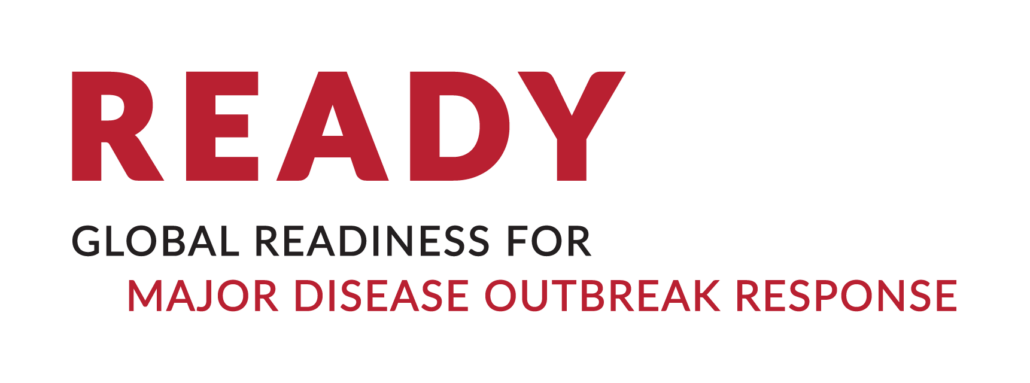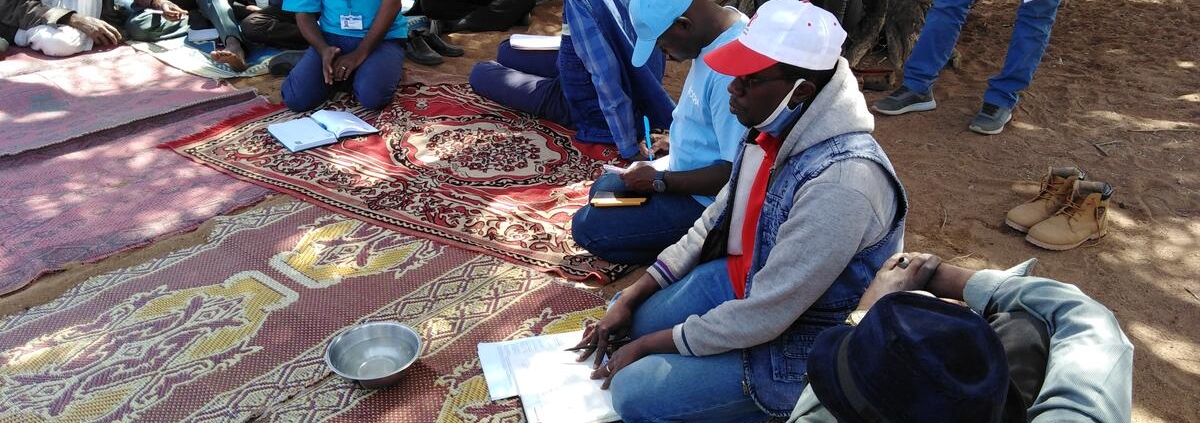Trouver des solutions communautaires : une note d'orientation interinstitutions sur la collaboration avec les communautés dans les environnements à forte densité pour planifier des approches locales de prévention et de gestion de la COVID-19
Auteur : Groupe de travail technique sur la communication des risques et l'engagement communautaire
Cette note d’orientation pratique est destinée à toute personne impliquée dans les efforts de communication des risques et d’engagement communautaire (RCCE) liés au COVID-19 dans des contextes complexes et fragiles en Afrique, notamment dans les camps de réfugiés et de personnes déplacées à l’intérieur du pays (PDI) et les établissements urbains informels. Une combinaison de forte densité de population, de logements insalubres, d’accès limité à l’eau et à l’assainissement, de services de santé surchargés ou inaccessibles et d’une pauvreté généralisée augmente le risque et l’impact d’une épidémie de COVID-19 dans ces contextes. Les réfugiés, les PDI et les personnes vivant dans des établissements urbains informels, qui abritent souvent des réfugiés urbains et des migrants irréguliers, sont souvent stigmatisés et exclus des plans de réponse nationaux. Cela peut conduire à un niveau élevé de méfiance envers les autorités et les intervenants au sein de ces groupes. Cette situation est encore exacerbée par le fait que les mesures standard de prévention du COVID-19, telles que la distanciation physique et le lavage des mains, seront plus difficiles et dans certains cas même impossibles à mettre en œuvre dans les camps surpeuplés et les établissements informels. Cette note d’orientation s’appuie sur et résume le contenu d’une série d’autres notes d’orientation, dont beaucoup ont une portée mondiale ou une portée plus large que la RCCE.
Consultez les conseils dans Anglais ici.


Ce site Web est rendu possible grâce au soutien du peuple américain à travers le Agence des États-Unis pour le développement international (USAID) dans le cadre de l’initiative READY. READY (pas un acronyme) est soutenu par l'USAID Bureau pour la démocratie, les conflits et l'assistance humanitaire, Bureau américain d'assistance en cas de catastrophe à l'étranger (OFDA) et est dirigé par Sauver les enfants en partenariat avec le Centre Johns Hopkins pour la santé humanitaire, le Centre Johns Hopkins pour les programmes de communication, Royaume-Uni-Med, Alliance ÉcoSanté, et Miséricorde Malaisie. Le contenu de ce site Web relève de la seule responsabilité de Save the Children. Les informations fournies sur ce site Web ne reflètent pas nécessairement les points de vue de l'USAID, de l'un ou de tous les partenaires du consortium, ou du gouvernement des États-Unis, et ne constituent pas des informations officielles du gouvernement américain.


